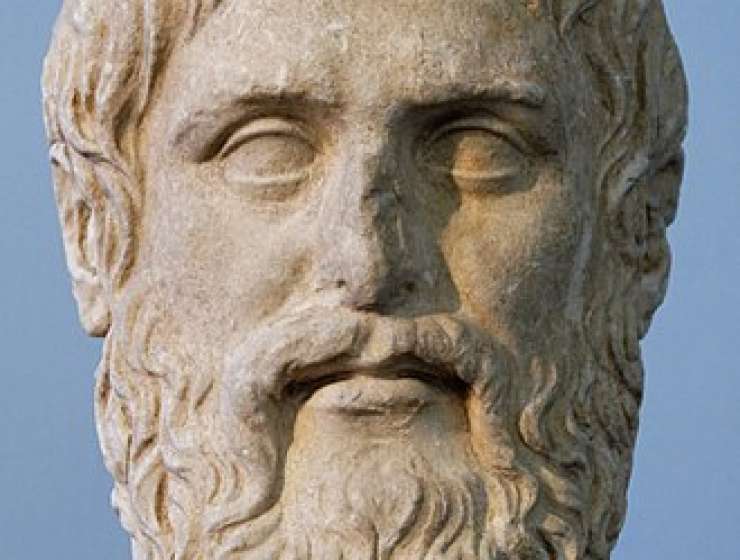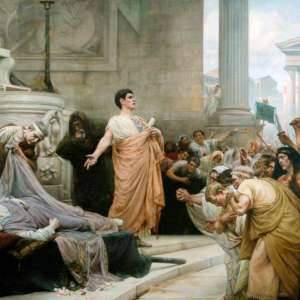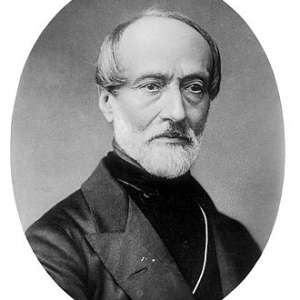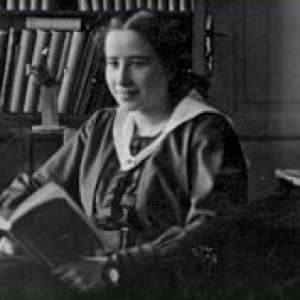A book can change a mind, but only if that mind is ready to be changed. The mind of a particular child formed, up to the age of reason, in a time of war, is liable to be ready to ask questions of a particular kind about the human condition – still more so, when, at the age of eight, that child sees, on the front-page of the newspaper, images of Belsen and Hiroshima, images that would never be forgotten. In the 1940s it was still possible to believe in childish innocence. Now even small children know too much about the worst that human beings can do.
Beyond the age of reason, social influences interact with the particular character of our own mind and our own personal experience to form an ever-evolving idea, an ever-denser idea, of the human condition, forcing us to live our lives in an uncomfortable reconciling of our own private worldview and the worldview imposed on us by society. Books intrude into that process of self-evolving in a unique way. The private activity of other minds reaches far into our own mind through the very private activity of reading.
Philosophy is an active presence in our minds, even in the minds of those who have never read a single sentence in a single book of philosophy. We enact philosophies in the ideas that form our consciousness, individual and social, even if we know nothing of the origin and history of those ideas. In my own case, in my mid-30s, I underwent a career change that was also a philosophy-shock.










































